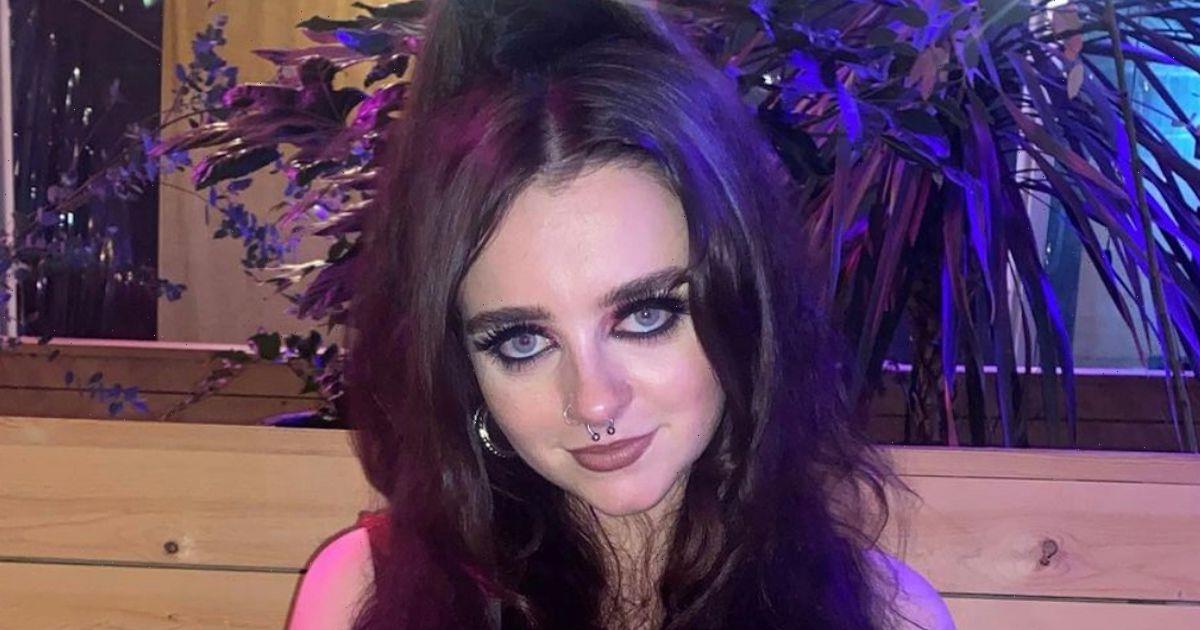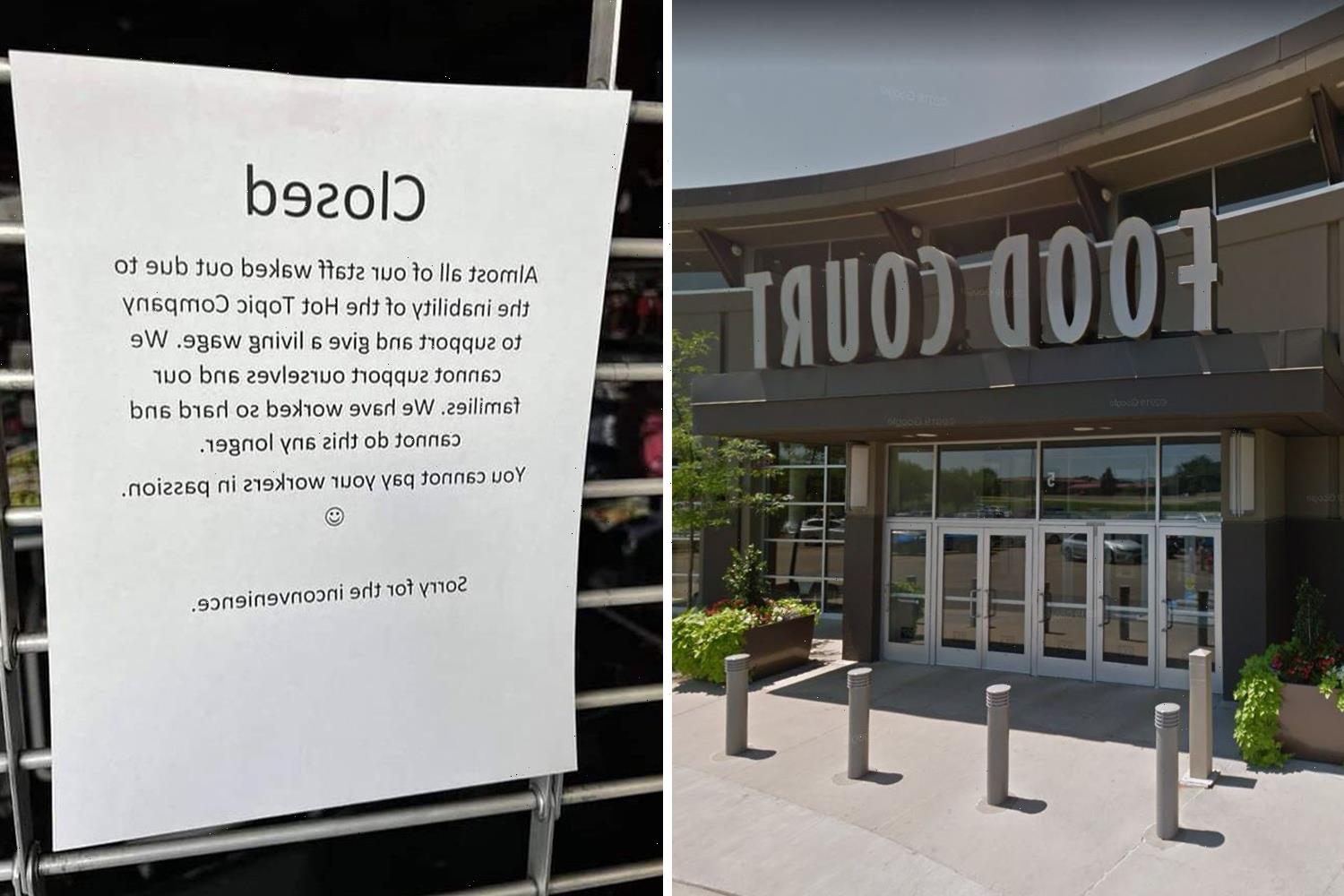New Princess Diana biopic Spencer, directed by Pablo Larraín, hits theatres today, transporting audiences back in time to 1991 when the Princess of Wales was a young mother who was still very much alive — and very angry.
“The past and the present are the same thing,” Kristen Stewart remarks as Diana in the film. The line is delivered in reference to how life within the royal family fails to evolve, but the words also perfectly illustrate why society is so obsessed with Diana now, in 2021. In 1995, the late Princess of Wales took a public stand against how the royal family had failed to look out for her — and those comments from the past echo just as strongly in our present, as women become ever more aware of how the systems in which we live fail to protect us.
The last couple of years have resulted in a life-altering reckoning for many, as women, and particularly mothers, have been pushed out of the workforce amid the pandemic. In the U.S., women have been calling for political change, and for the government to recognize the humanity of postpartum women through paid leave, with many of their pleas continuing to fall on deaf ears.
Diana, too, struggled within a patriarchal, colonial system that refused to hear her when she professed her humanity. And while most women cannot relate to the incredible privilege Diana held as a member of the royal family (in the film Diana is seen racing around the British countryside in a Porsche, for example), many can relate to how Diana felt trapped within a system that ignored her very human needs for love, privacy, and help with her mental health.
In 1995, Diana did a very brave thing with her infamous Panorama interview, opening up about how deeply unhappy she was in her marriage, her struggle with bulimia, and more. While the circumstances under which this interview was obtained have since fallen under scrutiny, Diana’s confessions marked an important turning point. Not only did Diana shatter the illusion of what life was like within the royal family, she gave other women permission to similarly speak out about their unhappiness within systems that failed to protect them — and the ripple effects of her speaking out can be seen to this day.
In 2021, society can relate to Diana’s story in ways that we couldn’t even ten years ago. The hunger for Larraín’s Spencer — along with CNN’s new series and podcast about Diana — isn’t simply cultural revisionism or nostalgia, but a shared sense of desperation that matches Diana’s claustrophobia and fear within the royal family. Women are recognizing more than ever today that gender equality isn’t coming as soon as we’d been promised, and Diana advocating for her health and the health of her children despite a system that told her she shouldn’t need help rings ever more true today.
Here’s what women are faced with in 2021: No country is on track to reach gender equality targets, not one. Sure, England’s sovereign is a woman, but outside the palace, women have a hard time getting to the top. For example: A whopping 91% of women doctors in the UK have experienced sexism at work, and police systems in the UK are struggling to prevent officers from abusing women. Stateside, women are showing up to work just weeks or even days after giving birth, doing their own (less glam) version of Diana’s post-birth photos on the steps of St. Mary’s hospital — a tradition Meghan Markle famously refused to take part in years before picking up the fight for paid maternity leave back in the U.S.
By telling the world that she was unhappy back in 1995, Diana gave us permission to analyze the lies of patriarchy, colonialism, and capitalism, and all the ways they’ve failed the health and happiness of women who live within them: Because if even a princess with a Porsche is unhappy, we’ve been lied to about what’s possible.
“The past and the present are the same thing,” as Stewart’s Diana says: Oppression is our present and our past, but like Diana did then, we are finding our power now. We gravitate to Diana in 2021 because she represents something many women learned during the pandemic: There is no room for loud women in systems that perpetuate inequality, and we’ll have to look beyond them if we want to find our happiness.
It’s time for a new system. That’s the story at the heart of Spencer.
Before you go, click here to see the best photos of Princess Diana playing with William and Harry.
Source: Read Full Article



